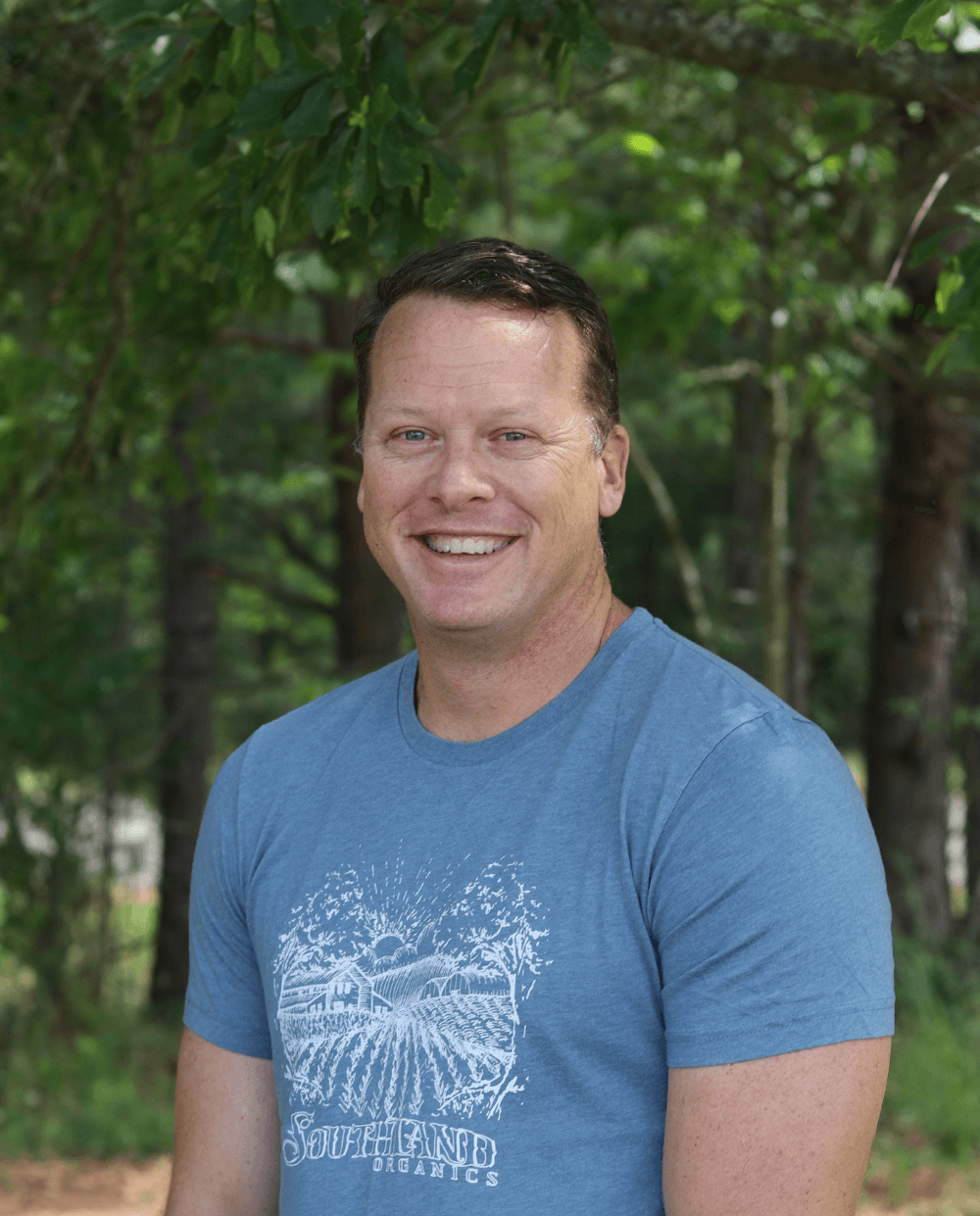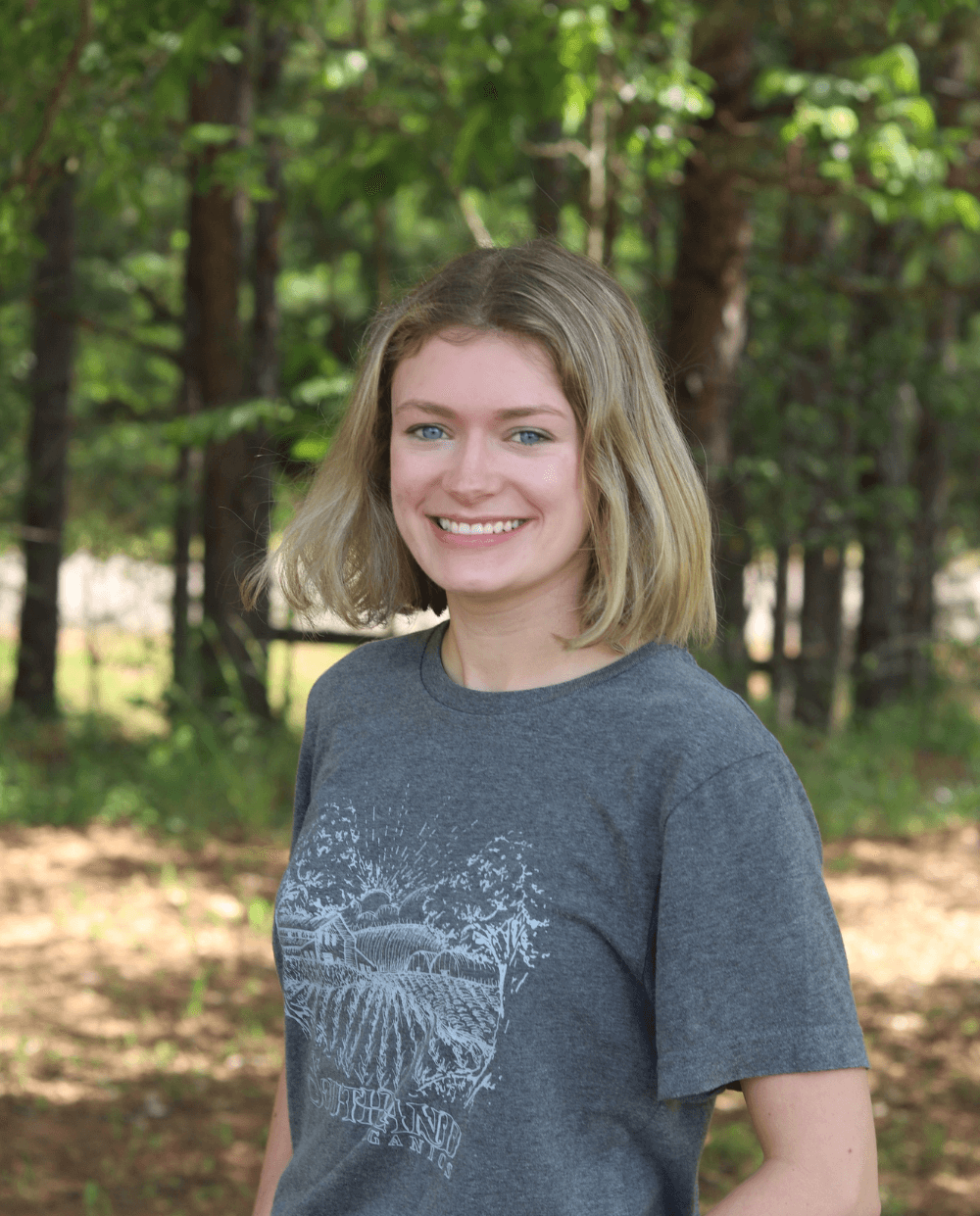How Will Amazon Impact Whole Foods?
Last week Business Insider Magazine ran a couple of articles covering Whole Foods. The articles highlight a system called “Order to Shelf.” The purpose of the system is to streamline the ordering process, eliminate extra inventory and decrease shrinkage. The thought process is simple as the goal is to have employees "largely bypass stock rooms and carry products directly from delivery trucks to store shelves."
So far the results have been disastrous. Several employees were quoted that the system is "militaristic" and “crushes morale” as well as leading to many items being continually out of stock. Stores look shabby, and the buying experience deteriorates. Many customers are reportedly turned off by the look and lack of availability and claim to “start shopping somewhere else.”
So what? What does that have to do with us? What impact does the centralization and decision making of Whole Foods have on the Market Farmer? To answer these questions I want to establish my thoughts on the root of the problem - AMZN.
Last year Amazon purchased Whole Foods in a deal that left many in our community puzzled and nervous. Our darling at the top of the food chain sold out to one of the most punitive organizations in the world. Many of us were left guessing what would happen. Many articles have speculated with the hopes of more capital investment to the organic and healthy food sector. Even though I despise Amazon, I opted for the optimistic point of view as well. Too bad those thoughts are now crushed as the inevitable is sinking in.
Amazon has a horrible reputation. Over the past few years, there have been many articles that cover the demeaning corporate policies, drowning culture and slave driving tactics. So now it's the shelves, next will be staff, then finally the vendors. As a company, I despise dealing with Amazon to the point that we have removed many of our product listings. The practices against vendors are worse than big box retail.
Amazon is a publicly traded company. Wall Street is making decisions for Main Street. It is all about the dollar, and that is when cultures die. When processes are chosen over people, evil rears its ugly head.
Sure, I am a Prime member and enjoy “free shipping,” fast delivery, streaming content, etc. I guess you could say I am hypocritical in a sense. However, I draw the line with food. Food is a cultural foundation. It is the glue that holds a healthy society together.
As farmers, husbands, wives, parents, and members of society, we need to take a stand for the dinner table. We need to slow down the process. We need to create cultures of enjoyment with our meals and celebrate where its produced.
We need a food distribution system that involves people. We need a food distributions system where the producers have a strong position. We need to invent a stable food distribution system that does not allow the involvement of Wall Street.






